It was a typical working day at the Andhra Pradesh government secretariat in Hyderabad that searing summer day in the year 2004.
Over morning coffee at the secretariat canteen, Bharat Bhushan, Director, Social Safety Net Programme in Andhra Pradesh government’s Privatisation Programme, got to know from a colleague about the plight of Sridevi, a national-level sportsperson who was having to quit sports and work as a housemaid.
A social activist having been associated with development sector and corporate social responsibility activities , Bharat quickly pressed the action buttons the moment he finished reading the page-one report of her plight in a daily newspaper.
The first phone call to a media colleague got him connected to the reporter and within half an hour, Bharat spoke with and offered her a scholarship for sticking to sport. A modest monthly amount was to be deposited straight in her bank account – no questions asked, and no strings attached.
“Excellence achieved by anyone is an outcome of great effort. It doesn’t come by money and opportunities. Some people are lucky to have. Many well to do people also don’t necessarily succeed in sports field. Talented people shouldn’t be condemned to fail and lose out because of their poverty,” Bharat, an old colleague told me the other day when we got talking in Hyderabad.
“Society and government should not allow talented people to quit. The government should not mechanically spend huge public money on sportsmen/ sports women who do not excel and bring pride to anybody,” Bharat said explaining as to why he did what he did.
“More particularly, she was a star and inspiration for many rural women /girls interested in sports. How many sports institutes or coaches can assure of making a star? It’s a national loss if a star like Sridevi was to lose faith and leave her passion to meet basic needs,” Bharat said.
A social scientist, researcher and do gooder, Bharat Bhushan, has always rooted for the underdog and this is what marks him as a person with a refreshingly different approach to everyday issues and problems one encounters in day to day life. He, his brother and other family members got together to form an NGO – Centre for Action Research and People’s Development (CARPED) 30 years ago.
What government schemes cannot achieve by sheer schemes and budgets, an individual or a community can achieve through self-help, dignity, collective spirit.
“Our response from CARPED is symbolically how we look at our catalytic catalyst role in diverse contexts of development work,” said Bharat Bhushan when asked how he operated, as an individual and as a member of the NGO and civil society.
“It takes me great pride to mention that within a couple of years, Sridevi met me in Hyderabad and said she no longer needed the financial help she was getting as she could stand on her own feet,” Bharat Bhushan said, adding “this is an achievement that gives us happiness and one that proves that we did the right thing.”
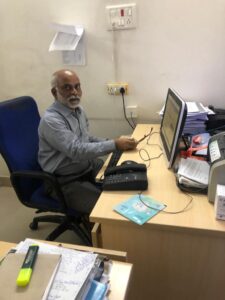
What does CAPRPED do?
“We have essentially rights based approach to our activities. we initiate interventions to promote collective strength of communities to alter conditions that enable their empowerment. We have been associated with several activities during the past 30 years – facilitating state level networking of NGOs on promotion of child rights, capacity building of the NGOs & communities on making Joint Forest Management programme in the erstwhile combined Andhra Pradesh. We also initiate livelihoods promotion activities – of handloom weavers in Chirala, Pochampally and a few other handloom clusters though capacity building of the weavers, supporting weavers cooperatives, and work towards creation of better policies with the help of Parliamentarians,” Bharat Bhushan said.
Working on the rural health issues, CARPED managed to highlight the medical malice – coerced hysterectomies that were reimbursed by the public money. Greedy doctors transformed into a state sponsored evil looting the wombs of the rural women, he said and added this has now spread to other states as well.
“Today the GOI has recognized the importance of launching a national campaign against the unnecessary hysterotomies. Small efforts, in the right perspective, by CARPED and like-minded groups became a national voice over the years,” Bharat Bhushan said.
Today, students from Law, Management, and other disciplines from several institutes across India work with CARPED on internship programmes from one month to three months to gain an understanding of the social problems and how they could be part of the social change that we wish to see.

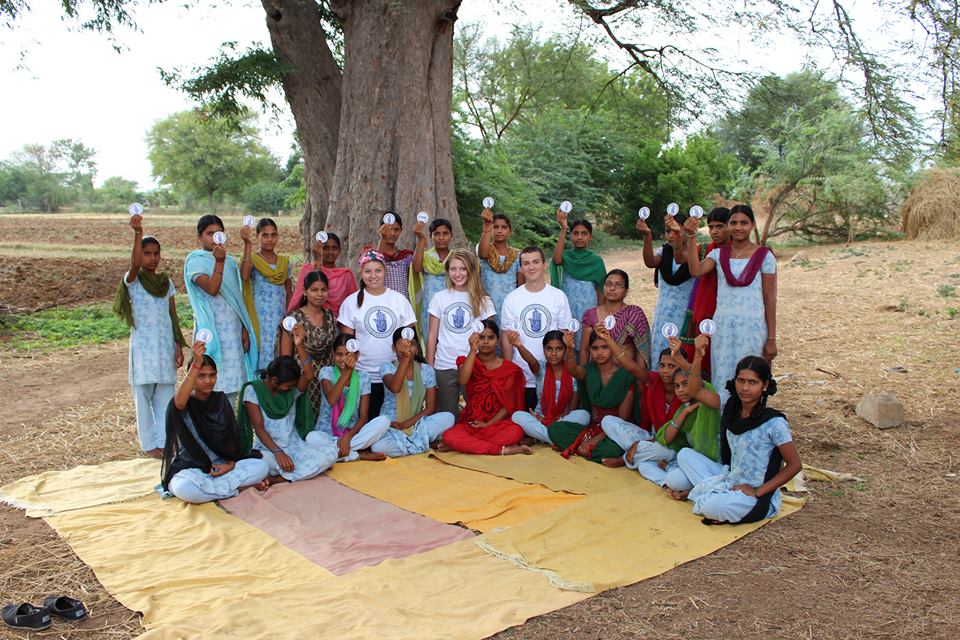
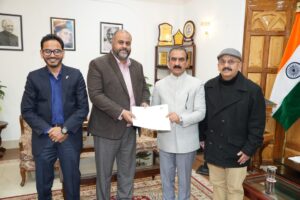
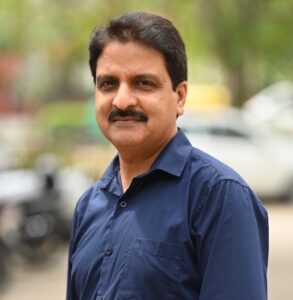
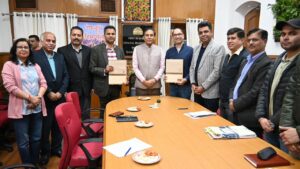
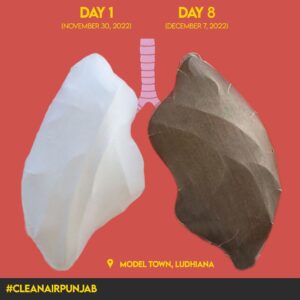

Comments are closed.